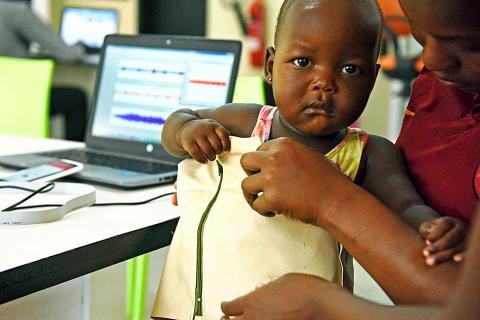geauxtohell
Choose your weapon.
people swear by it. Placebo effect?That's a bummer, I hope you feel better very very soon.
There is this stuff called Airborne that when I start to get to feeling sick I take. Can get it at most pharmacies. You drop it in some water and drink it.
It's about 7 bucks and the Lemon Lime one tastes pretty good actually. Just suggesting it (if you want) as it has a bunch of good stuff in it to try to help your weakened immune system.
Airborne Effervescent Health Formula
.
No offense (I used to use it too), but that stuff is total voodoo.
There is no evidence based medicine that it does much of anything. The same with pounding vitamin C.
Most likely. It's typically 30% and that was discovered on the beaches of Italy by an Army Doctor who ran out of morphine and told wounded GIs he was giving them morphine when he was giving them normal saline. Placebo is powerful enough to work on gunshot wounds.
That and likely some confounding effects of people who "take it at the first sign of illness" clearing some relatively mild illness through their own immune systems and as they would anyways and attributing that to Airborne.




